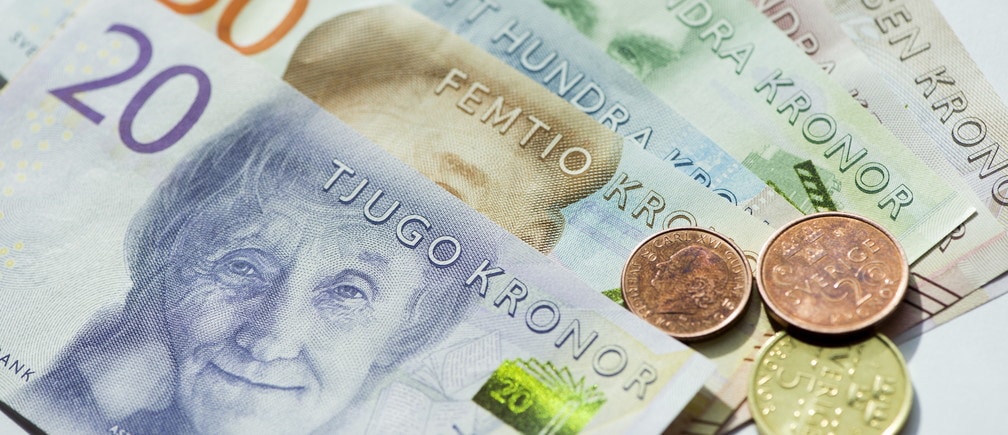Which countries tax their citizens the most?

Sweden has the highest tax rate in the world. Image: REUTERS/Fredrik Sandberg/TT News Agency
Where do taxpayers pay the highest income taxes? In 2019, the highest income earners in Sweden pay a whopping 57.19 percent, more than anywhere else in the world. This is significantly more than the OECD average of 41.65 percent. In general, income taxes are higher in the Nordic countries. The highest taxes being in Denmark, Finland, and Iceland with respectively, 55.89, 53.75 and 46.24 percent. Based on the principle of public responsibility, contributions of wealthier citizens provide the minimum provisions for the less fortunate. Countries such as Austria, the Netherlands and Belgium apply a similar model.
At the other end of the spectrum, some countries do not have income taxes at all. Well-known examples include oil-rich countries such as Saudi Arabia, Qatar and Kuwait, which use petroleum revenue to provide for their nationals. Some Caribbean Islands, such as Anguilla and Antigua and Barbuda, do not have income taxes either. The Cayman Islands and the Bahamas are also known for being tax havens.
Don't miss any update on this topic
Create a free account and access your personalized content collection with our latest publications and analyses.
License and Republishing
World Economic Forum articles may be republished in accordance with the Creative Commons Attribution-NonCommercial-NoDerivatives 4.0 International Public License, and in accordance with our Terms of Use.
The views expressed in this article are those of the author alone and not the World Economic Forum.
Stay up to date:
Inequality
Related topics:
The Agenda Weekly
A weekly update of the most important issues driving the global agenda
You can unsubscribe at any time using the link in our emails. For more details, review our privacy policy.
More on Equity, Diversity and InclusionSee all
Guiseppe Saba
November 7, 2024









